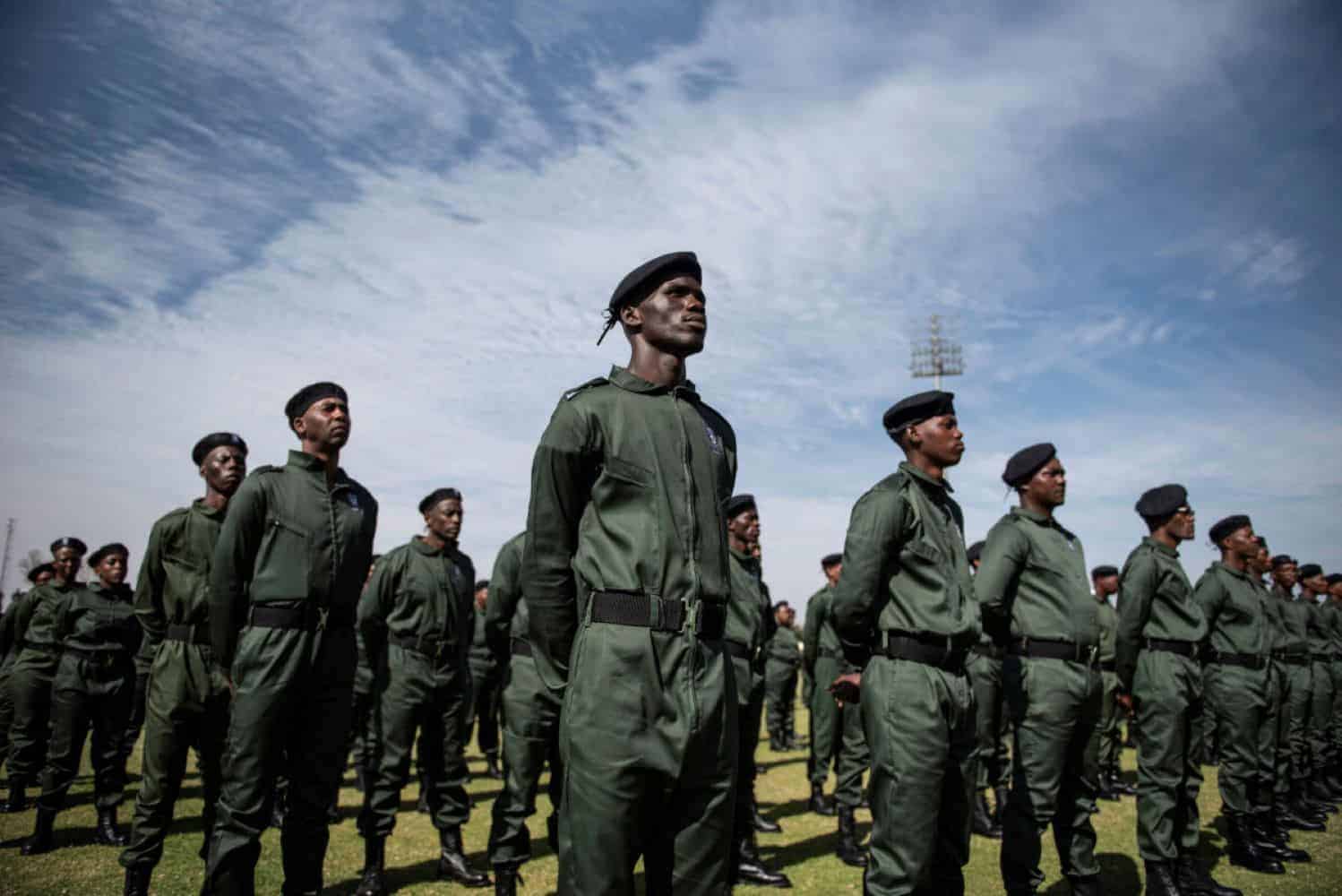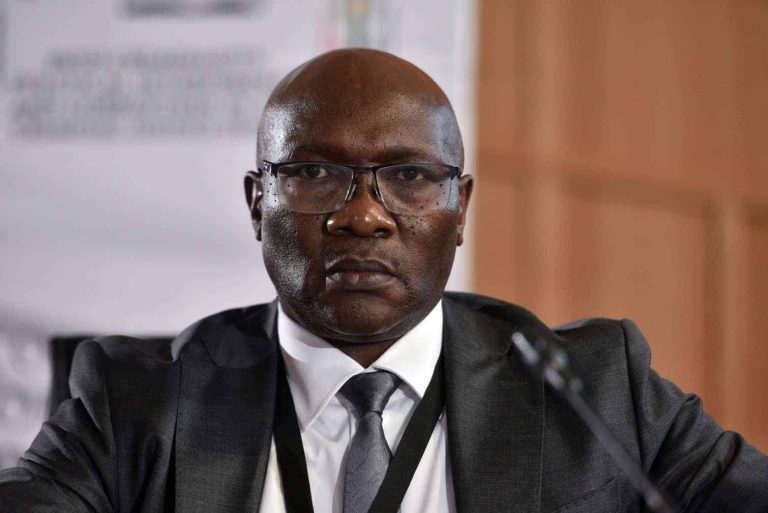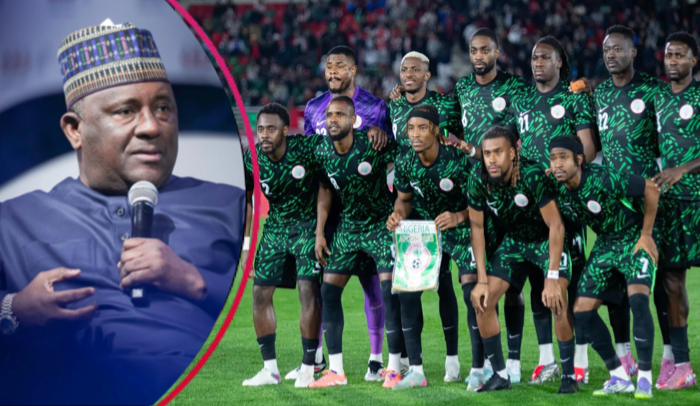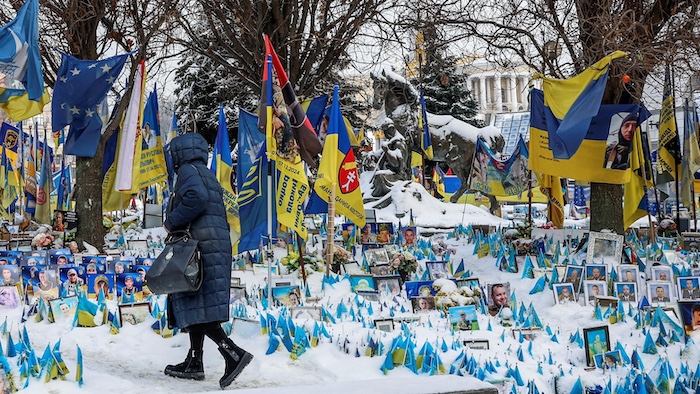
The Gauteng government is defending the formation of its crime prevention wardens, commonly known as Amapanyaza, describing the unit as “legal”.
This comes after KZN police commissioner Lieutenant General Nhlanhla Mkhwanazi told parliamentarians on Wednesday that the unit is illegal and that he had advised against its formation.
“I raised that in the [police board of commissioners] and I said this is illegal. It is against the law; the premier must be advised. He’s got good intentions, but it cannot be done,” he said.
Mkhwanazi stated that the unit has not been incorporated into the Police Act because it is not legally part of the police.
However, Elijah Mhlanga, a spokesperson for the Gauteng provincial government, refuted Mkhwanazi’s claims.
“The provincial government has no intention of litigating sweeping statements. However, it rejects the assertion that the formation of the traffic wardens showed contempt for the rule of law and categorically dismisses the allegation that the Gauteng traffic wardens are an illegal entity,” he said.
Traffic wardens or crime fighters?
According to Mhlanga, the crime prevention wardens are now referred to as traffic wardens because they have legally assumed the duties of Gauteng traffic officers.
“In December 2023, the Minister of Justice and Correctional Services, Mr. Ronald Lamola, officially designated the crime prevention wardens as peace officers in terms of Section 334 of the Criminal Procedure Act of 1977.
“This legal designation granted them the same legal status as Gauteng traffic officers.
“The Gauteng traffic wardens initiative was always grounded in the principles of the South African constitution, which mandates cooperative governance and requires all spheres of government, national and provincial, to cooperate with one another in mutual trust and good faith,” he said.
Why the crime prevention programme exists
The Amapanyaza wardens form part of Gauteng Premier Panyaza Lesufi’s Nasi Ispani programme. The initiative, which was launched in 2023, is meant to create thousands of jobs for young people in the province.
“The provincial government created the traffic wardens programme to support and assist the national police (Saps) in their duties, not to replace them or interfere with the authority of other government bodies.
“This was in response to statistics that showed that the police-to-citizen ratio in the province was one officer for every 541 residents in a population of about 16 million and growing.
“To achieve this, the province explored a cooperative policing model that is already used successfully in other parts of the country,” Lesufi said previously.
The legal framework
Mhlanga said the provincial authorities understood that there were legal complications with the formation of the crime prevention wardens programme.
“The Gauteng government had always understood, even at the conceptual stage, that a potential pathway existed despite legal impediments.
“This pathway was Section 334(1)(a), which empowers the minister of justice and correctional services to confer peace officer status on any person by virtue of their office, granting them power under the Criminal Procedure Act for any offence or designated class of offences,” he said.
Cooperation with the police
Mhlanga said policing in South Africa has already demonstrated that decentralised structures with limited powers could coexist with the Saps.
“Examples include the provincially funded Western Cape Law Enforcement Advancement Plan (LEAP), which deploys officers alongside the Saps, traffic officers in provinces, and the various metropolitan police services,” he said.
Mhlanga insisted that traffic wardens are a “legitimate” and “legally designated” unit.
ALSO READ: ‘We don’t want him to be a pop star’: Allegations by KZN police commissioner Mkhwanazi sparks uproar
Firearm training
According to reports, the Gauteng government had plans to give firearms to the crime prevention wardens.
Former MEC for Community Safety, Faith Mazibuko, was quoted as saying: “Our training is ongoing. We will teach you how to carry guns; some we will train how to carry rifles… If you came here and you are a coward and you are passing time with us, go and sit at home.
“We want brave men and women because our community members are in distress.”
Mazibuko was speaking at the funeral of one of the crime wardens in the West Rand two years ago.
NOW READ: ‘He is an enabler, he is a pawn in a game’: Mkhwanazi on facilitators of corruption



